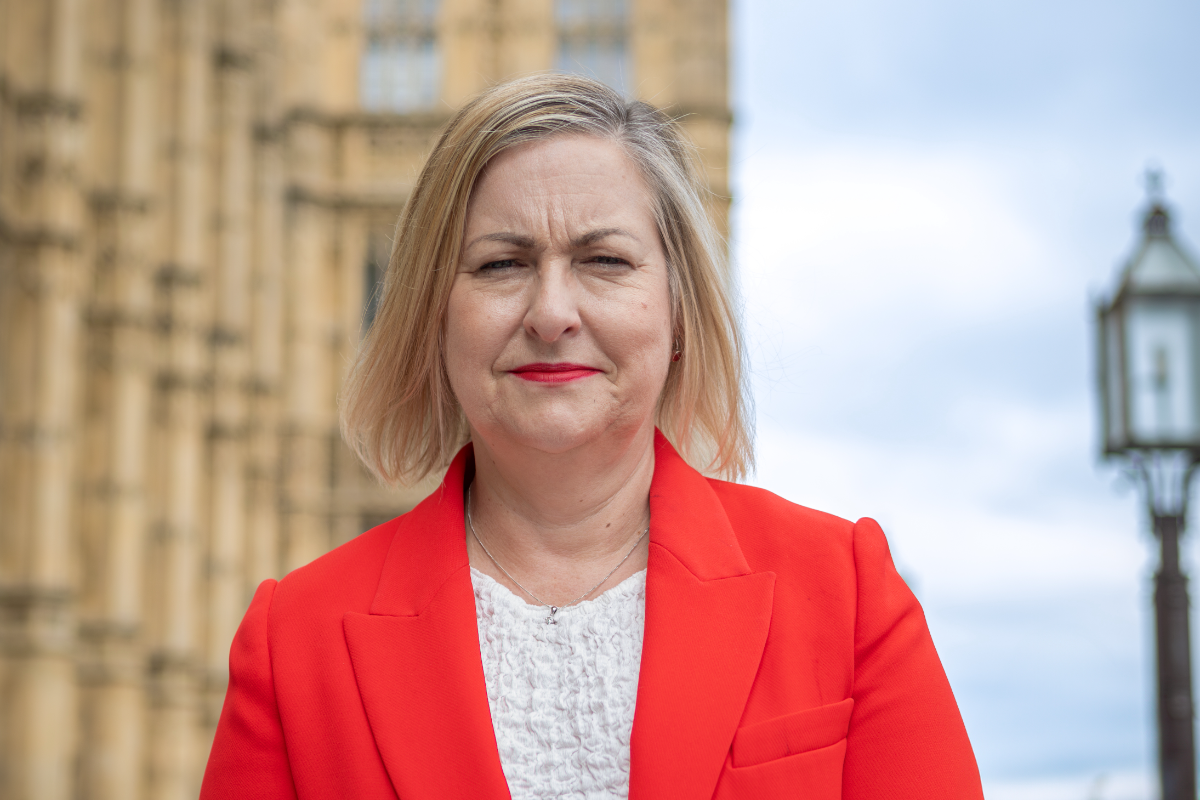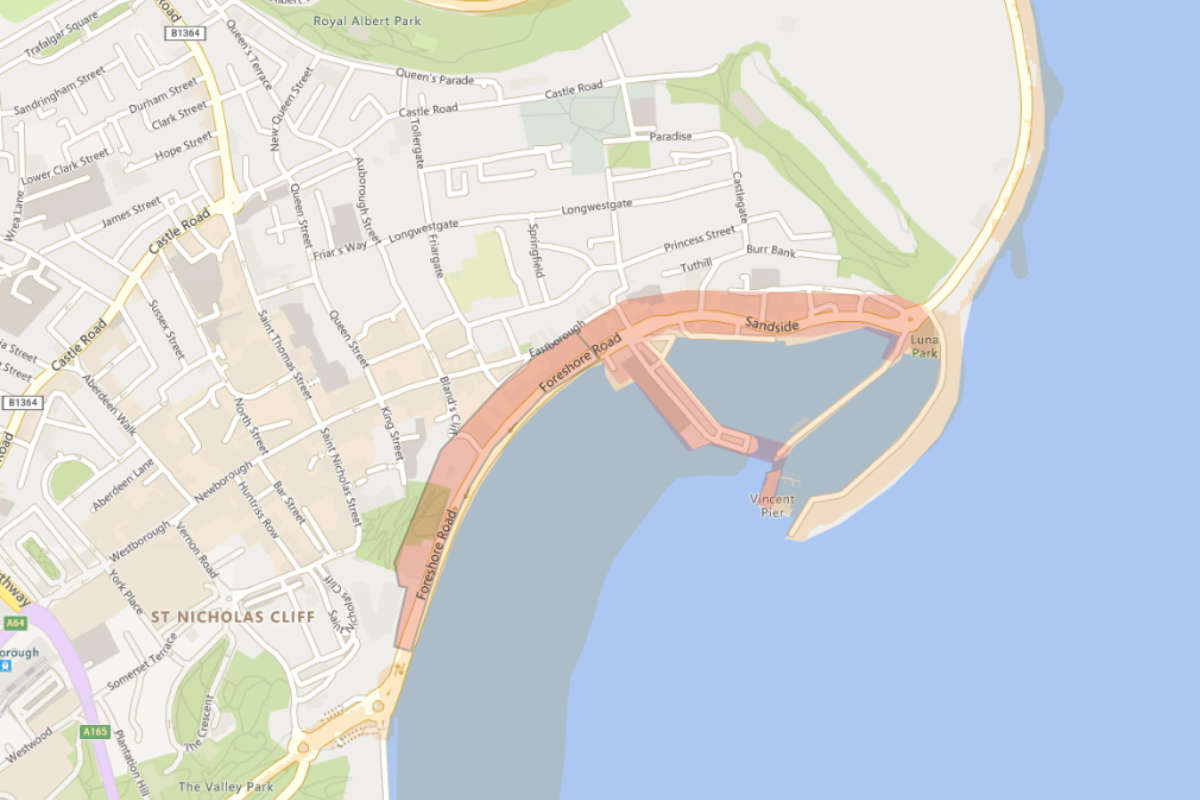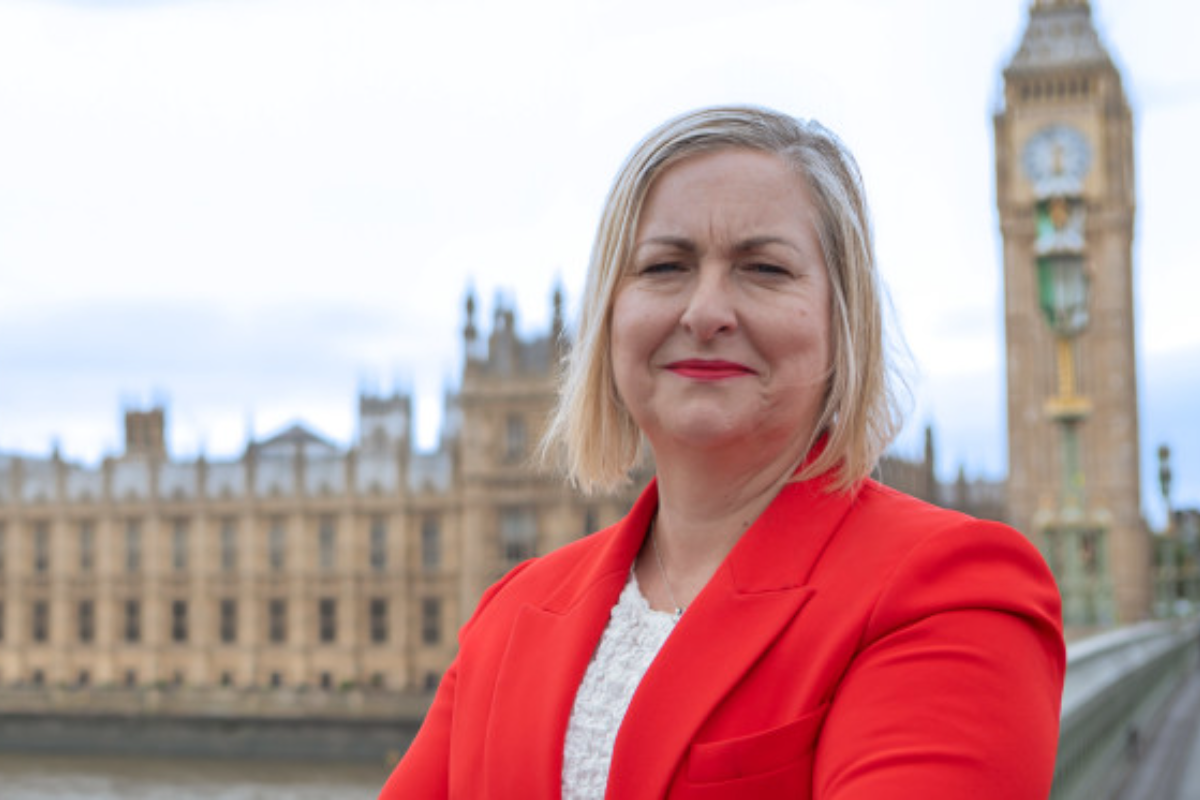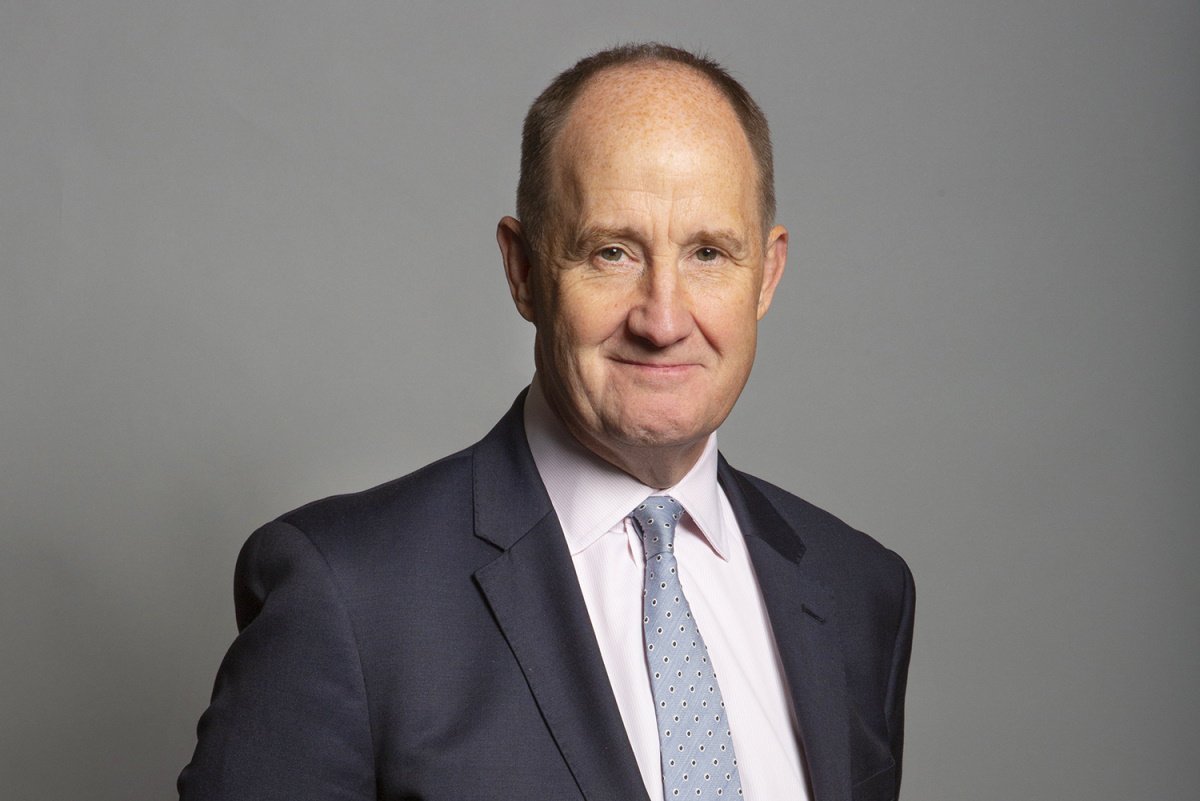
Scarborough and Whitby MP Alison Hume says she helped to win a key PIP concession ahead of this week's vote on the Universal Credit and Personal Independent Bill.
Alison Hume, MP for Scarborough and Whitby, says she voted for the bill after helping to win key concessions from the Government over PIP.
Ms Hume says she took her concerns to the highest level of government, having a personal meeting with the Prime Minister where she "reiterated her red line of removing the need for PIP claimants to score 4 points in a single daily living activity to receive their daily living allowance".
Sir Stephen Timms, the Minister for Social Security and Disability, later confirmed in the House of Commons that Clause 5, which included this requirement, will be removed from the Bill.
Following sustained pressure from Labour rebels, including Ms Hume, the Government also announced PIP eligibility would not been changed until after Mr Timms concludes a review into the matter. This review will be co-produced by the disabled community and their stakeholders.
Citing her lived experience as a disability campaigner and mother of a young disabled adult, Ms Hume had expressed concerns that people with disabilities would be disproportionately affected by the initial reforms tabled by the Government.
Ms Hume said:
“I voted for the Bill after helping to win a key concession from the Government.
“Criteria for PIP eligibility will now not be changed until Sir Stephen Timms, Minister for Social Security and Disability, has concluded a review into the matter, which will be co-produced with disabled people’s organisations.
“As the mother of a disabled adult, I understand how important PIP is to disabled people and their carers. PIP is not an unemployment benefit, it is paid to support people with the added expense associated with being disabled and to promote independence and dignity. In fact, 17 per cent of PIP recipients are in work.
“The original proposals regarding PIP caused real concern for millions of people, including over 7,000 recipients across Scarborough, Whitby and the villages. I welcome the changes the Government announced last week, which will protect the incomes of nearly 400,000 people and remove the anxiety around losing PIP and Universal Credit.
“The measures I voted for include uprating the Universal Credit health element in line with inflation; to bring forward improved employment support; and the guarantee that those who will never be able to work will continue to receive the support they need.
“I am pleased that the Government have listened to MPs and the constituents they were put in the House of Commons to represent.
“I will be watching the progress of the Welfare Bill very carefully as it progresses to its third reading next week.”
In a social media post explaining why she voted for the bill on Tuesday, Alison Hume said:
"Late this afternoon I sat down with the Deputy Prime Minister and then separately the Prime Minister, and explained why I couldn't vote for the UC & PIP Bill. I also spoke about why disabled people are so terrified of the proposed changes at the hands of the DWP - a hostile, toxic department which has caused untold harm to disabled people. I asked for the PIP clause to be dropped.
At 5.30pm Minister Stephen Timms announced Clause 5, which included the need for a claimant to Score 4 in a daily living activity to receive the daily living allowance, would be scrapped, something I later asked him to confirm at the despatch box.
Importantly, the Timms Review, which will be co-produced with disabled people, charities, DPOs and other stakeholders, will look at descriptors, scores and the whole way PIP works BEFORE any changes are made.
These are monumental changes and come on top of the concessions won last week which means all current PIP claimants will not be affected by future changes.
This is why I voted for the Bill at Second Reading tonight.
I have always been honest with my constituents that from the moment Liz Kendall sat down after making the Pathway to Work announcement at the end of March I opposed the PIP changes, and since then I have been working tirelessly to do something about it.
A day, as they say, is a long time in politics.
I accept that many people will have expected me to vote against the Bill tonight, but I have never said I would vote against the Bill.
The changes secured today will come into force through government amendments at Committee Stage, the next step.
As long as these amendments deliver what has been promised I will vote in favour of the Bill at the Third Reading. If they don't I won't.
Our Manifesto stated that Labour would put the views and voices of disabled people at the heart of all we do.
We haven't done this to date with this Bill but I hope that through the rebellion we have corrected the government's course.
£5 billion of cuts will now not happen.
I will continue to do the job I was elected to do, which is to work hard for constituents and speak up for those who are overlooked, ignored and ignored.
Not everyone will agree with me, but I will always be honest about my intentions and my actions.
Thank you to everyone who has emailed me. I have so appreciated you sharing your personal stories."
Despite the concessions announced by the government ahead of the vote on Tuesday the revised bill will still see a halving of the Universal Credit health element for new claimants from April 2026.
Currently, the basic level of Universal Credit for a single person aged 25 or over is £400.14 per month. This payment is significantly increased by an incapacity top-up of £423.27 for individuals with limited capacity to work due to a disability or long-term condition.
Under the government's new proposals, eligibility for this top-up will be restricted to those aged 22 or over. Furthermore, new claimants will experience a reduction in this top-up, decreasing from £97 per week in 2025-26 to £50 per week by 2026-27, after which it will be frozen until the end of 2029-30.
While the government had initially planned to freeze the higher rate for existing health-related claimants, this will now increase in line with inflation. The basic Universal Credit payment itself is set to rise to £106 per week by 2029-30.




 Flood Warnings Issued For Scarborough's Sandside & Foreshore Road
Flood Warnings Issued For Scarborough's Sandside & Foreshore Road
 Scarborough and Whitby MP Presses for Burniston Fracking Decision to be Delayed
Scarborough and Whitby MP Presses for Burniston Fracking Decision to be Delayed
 Pickering and Filey MP Criticises Government for ‘Unfair’ Rural Funding Settlement
Pickering and Filey MP Criticises Government for ‘Unfair’ Rural Funding Settlement
 East Riding to Introduce Weekly Food Waste Collections Amid Long-Term Funding Fears
East Riding to Introduce Weekly Food Waste Collections Amid Long-Term Funding Fears
 Eastfield Boxing Club Film to Get Scarborough Premiere
Eastfield Boxing Club Film to Get Scarborough Premiere
 Scarborough Athletic Stunned By Minnows in Senior Cup
Scarborough Athletic Stunned By Minnows in Senior Cup
 Whitby Town Again Hit By Second Half Slaughter
Whitby Town Again Hit By Second Half Slaughter
 Scarborough Café and Flat Plans Opposed by Town Councillors
Scarborough Café and Flat Plans Opposed by Town Councillors
 Bridlington Town Beaten Again Despite Improved Showing
Bridlington Town Beaten Again Despite Improved Showing
 Scarborough Chip Shop's Alcohol Bid Approved Despite Concerns
Scarborough Chip Shop's Alcohol Bid Approved Despite Concerns
 East Riding Leaders Sound Alarm Over Government's 'Fairer Funding' Review
East Riding Leaders Sound Alarm Over Government's 'Fairer Funding' Review
 Precept Increase Proposed for Whitby Residents in Draft Budget
Precept Increase Proposed for Whitby Residents in Draft Budget










Comments
Add a comment